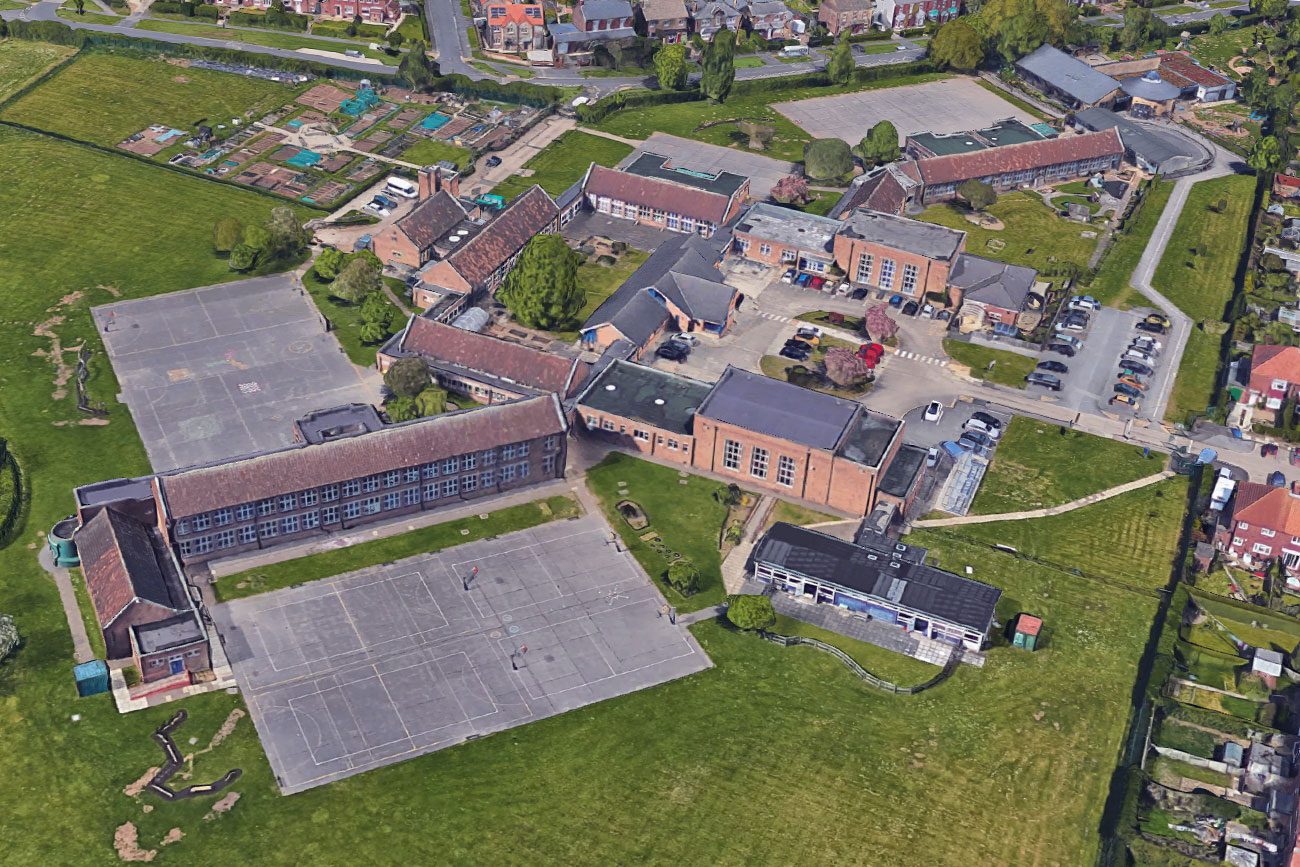Millions of pounds of urgent repairs and improvements are to be carried out at 15 York schools.
Education bosses at City of York Council say £3.3 million of maintenance work is needed in 2018/19, across two secondaries and 13 primaries.
A further £180,000 will be earmarked as contingency, should emergencies arise.
The need is so great and pressing that the council has had to use £2.1 million that was earmarked for school expansion work, to do maintenance of existing buildings and classrooms instead.
Council officials have warned that in years to come, the work needed to maintain schools may exceed the available funds.
In addition to the repairs, expansion work is planned at two primaries.
Primaries
Archbishop of York Junior School: £50,000 on tank replacement and £262,000 on the first phase of work on gutters, rains and the roof
Carr Infant: £20,000 on lighting in the car park
Clifton Green Primary: £215,000 on rewiring and £525,000 on the first phase of roof replacement.
Dringhouses Primary: £345,000 on the roof, parapet wall and hall windows and £186,000 replacing oil with gas, due to the boiler coming to the end of its life
Fishergate Primary: £231,000 on rewiring
Headlands Primary: £17,000 on a kitchen fire door replacement, kitchen gulley and fire stopping, and £38,000 on roof repairs and guttering improvements
Poppleton Road Primary: £50,000 on a playground brick wall
Ralph Butterfield Primary: £150,000 on roof repairs
St Paul’s CE Primary: £60,000 on an accessible changing room
Skelton Primary: £32,000 on boiler control replacement
Stockton on the Forest Primary: £82,000 on rewiring and lighting
Westfield Primary: £100,000 on gas and electric works
Yearsley Grove Primary: £215,000 on the first phase of roof and window replacement work
Secondaries
Huntington School: £118,000 on the sports hall and gym heating system, £282,000 on rewiring and fire alarm work, and £200,000 replacing the roof and windows
Joseph Rowntree School: £90,000 on flooring repairs and £50,000 to improve safety at the delivery entrance
As well as the repairs, work is to begin on these two expansion projects:
At St Mary’s CE Primary, around £600,000 is to be spent in 2018/19, to accommodate rising pupil numbers. Existing classrooms and teaching space will be enlarged and some spaces will be reorganised.
At Westfield Primary, around £650,000 will be spent to enlarge the kitchen and dining area, addressing safety concerns and enabling more children to have a nutritional school meal.
Diverting funds

The large programme of works has prompted the council to reallocate funds. It has two relevant pots of money – the maintenance fund, which is to maintain existing school buildings, and the basic need fund, which is to pay for expansion work to cope with rising pupil numbers.
Last autumn, the council assessed all its school buildings and found millions of pounds of work was needed, costing much more than was available in the maintenance fund.
From 2011/12 to 2017/18, City of York Council received £37.75 million in basic need funds from the Government, with another £2.46 million due in the next two years.
So far, £14.6 million has been used or committed, and council officials said they should use a share of the remaining £25.6 million to fast-track repairs.
Last week, a report written by Mark Ellis (the council’s head of school services) and Mike Barugh (principal accountant for customer and corporate services) was presented to the council’s ruling executive.
Concerns for the future

They acknowledged there were risks in the approach, saying: “The city is experiencing, and will continue to experience, place pressures in various parts of the city as the population grows.
“At present, most of the place pressures that have emerged have been solved by smaller expansion works at schools to add classrooms and temporary classroom units.
“The scope to do this will reduce and it is likely in the future that larger schemes, particularly in secondary schools, will be required. It is therefore possible that in the future, the investment required may be in excess of the funding allocated to date.”
They said there was also a risk that the Government may give York less funding in future, if it used expansion funding for maintenance work, and a lesser risk that the Government could cut York’s funding in the next two years in response.
However, Mr Ellis and Mr Barugh said the pros outweighed the cons, saying: “It allows a significantly greater number of urgent schemes to be carried out in 2018/19, thus reducing the risk of building failures at the schools concerned.”
The works and the transfer of funds were approved by the council’s ruling executive at a meeting last week.
At the meeting, Jon Stonehouse, director of children, education and communities, told councillors: “Put simply, our school estate needs it and if we do not make that additional investment we will lose valuable classroom space and end up needing to use the basic need anyway because we haven’t maintained them effectively.”
